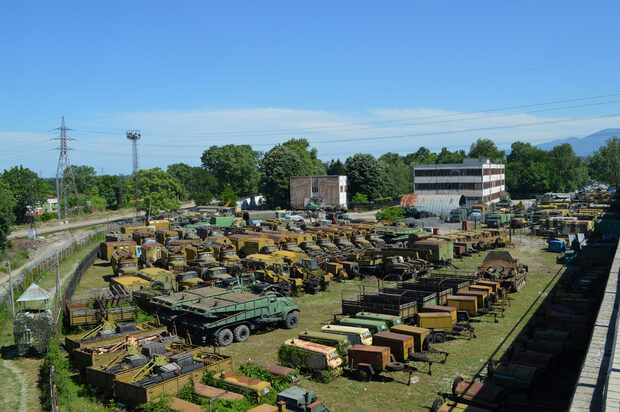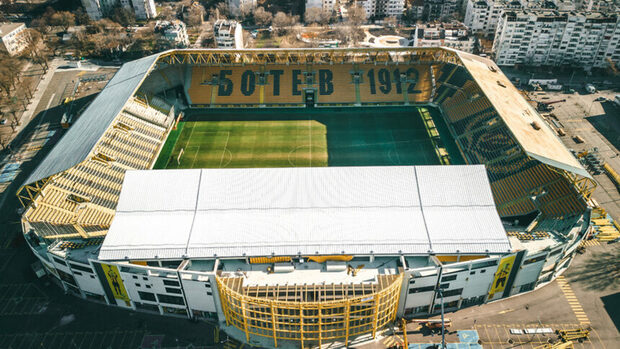When most European Union movers and shakers still talk about multi-speed Europe as a solution to the bloc's perceived malaise, the Bulgarian government has declared its ambition to hop on the fast-speed train. It is now official that Bulgaria is probing EU capitals (mainly Berlin and Paris) for support to join the ERM II, the Eurozone's waiting room (see p. 24), and to finally get into the EU's Schengen borderless area.
These will be difficult feats to accomplish, since Sofia is often regarded as a EU laggard in the first place. The whole concept of multi-speed Europe was developed as a vehicle for the EU founding members to move forward, leaving behind their burdensome poorer brethren from the East. As it might have been expected from the outset, Bulgaria's diplomatic offensive hit a wall not only in Austria, but quite discouragingly in Germany as well (as far Schengen is concerned).
However, the likely disappointment should not be a reason to criticize the government. Such attempts should be encouraged, as they are a rare occasion for any Bulgarian government to set a more difficult target than the low-hanging fruits of celebrating the completion of a few kilometers of highway or a new sports hall. A slap or two are actually healthy, because without this old-fashioned educational approach, the government will never engage in meaningful reforms to Bulgaria's anti-corruption apparatus and judicial system.
In this issue you will get the chance to look at a detailed presentation of the 100 biggest Bulgarian companies by revenue. These series of articles are part of the annual K100 ranking compiled by our sister news outlet Капитал (Capital) and regarded as the most authoritative and comprehensive overview of Bulgarian businesses and the environment they operate in.
When most European Union movers and shakers still talk about multi-speed Europe as a solution to the bloc's perceived malaise, the Bulgarian government has declared its ambition to hop on the fast-speed train. It is now official that Bulgaria is probing EU capitals (mainly Berlin and Paris) for support to join the ERM II, the Eurozone's waiting room (see p. 24), and to finally get into the EU's Schengen borderless area.
These will be difficult feats to accomplish, since Sofia is often regarded as a EU laggard in the first place. The whole concept of multi-speed Europe was developed as a vehicle for the EU founding members to move forward, leaving behind their burdensome poorer brethren from the East. As it might have been expected from the outset, Bulgaria's diplomatic offensive hit a wall not only in Austria, but quite discouragingly in Germany as well (as far Schengen is concerned).












